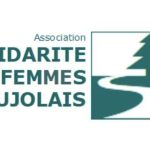
Defending Rights & Fighting Violence
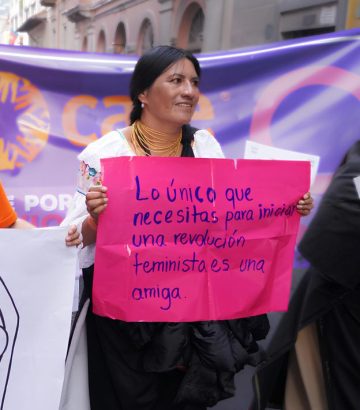

Supported projects
Countries
Associations
Redistributed
in the spotlight
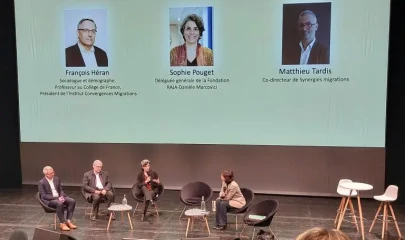
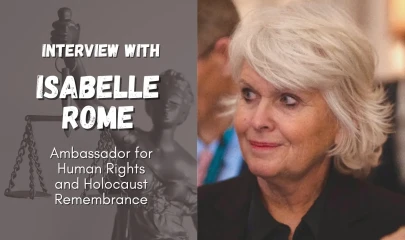
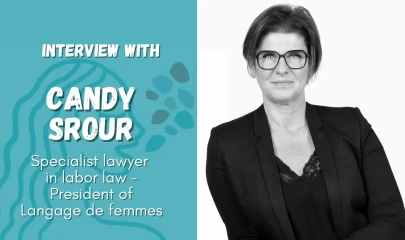
Everything you need to know before submitting a project.
The Foundation proposes six funding programs to meet different needs, in France and internationally.
Two major calls for projects are planned each year:
Very small associations, led and/or founded by women and operating in France, can apply to our feminist funds:
The Foundation also has:
For your grant application to be considered by the Foundation:
Discover our supported projects.
The Foundation does not award grants for:
Furthermore,
Project selection takes place in five stages:
1. Eligibility check: project leaders are invited to check the eligibility of their project by consulting the eligibility criteria of the funding program.
2. Submission of a grant application form: associations are invited to complete an online grant application form, which is only accessible when a call for projects is open.
3. Selection of projects for the assessment phase: based on these applications, the Foundation’s team conducts an initial analysis to identify projects that are eligible and correspond to the Foundation’s priorities. The selected associations then have one month to submit a more detailed application. Once these have been received, a second selection is made.
4. Assessment: the operational team meets with all the selected associations to evaluate the project and ensure the association’s soundness.
5. Presentation to the Executive Committee: projects that have passed the review stage are then presented to the Executive Committee of the RAJA-Danièle Marcovici Foundation, which will decide on the funding to be granted by the Foundation.
To receive funding from the Emergency Fund:
Before submitting an application and in order to verify your project’s eligibility, please contact the Foundation and send the essential information about your project to the following email address: fondation@raja.fr
The information provided will enable the Foundation to analyze your application and determine whether it is eligible for support.
Subscribe to our newsletter and follow us on social media to stay up to date with our latest news.
You can also check the funding program calendar.